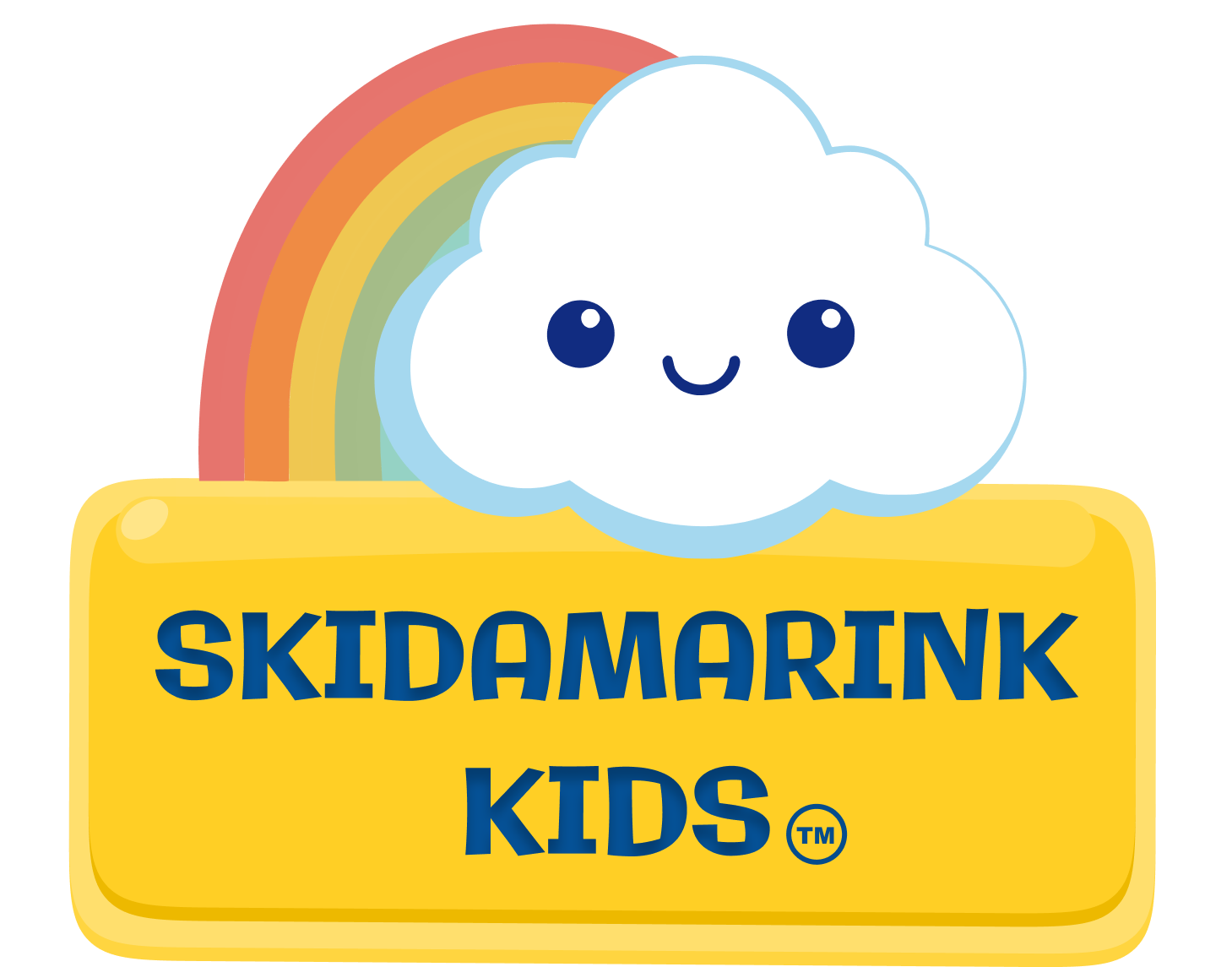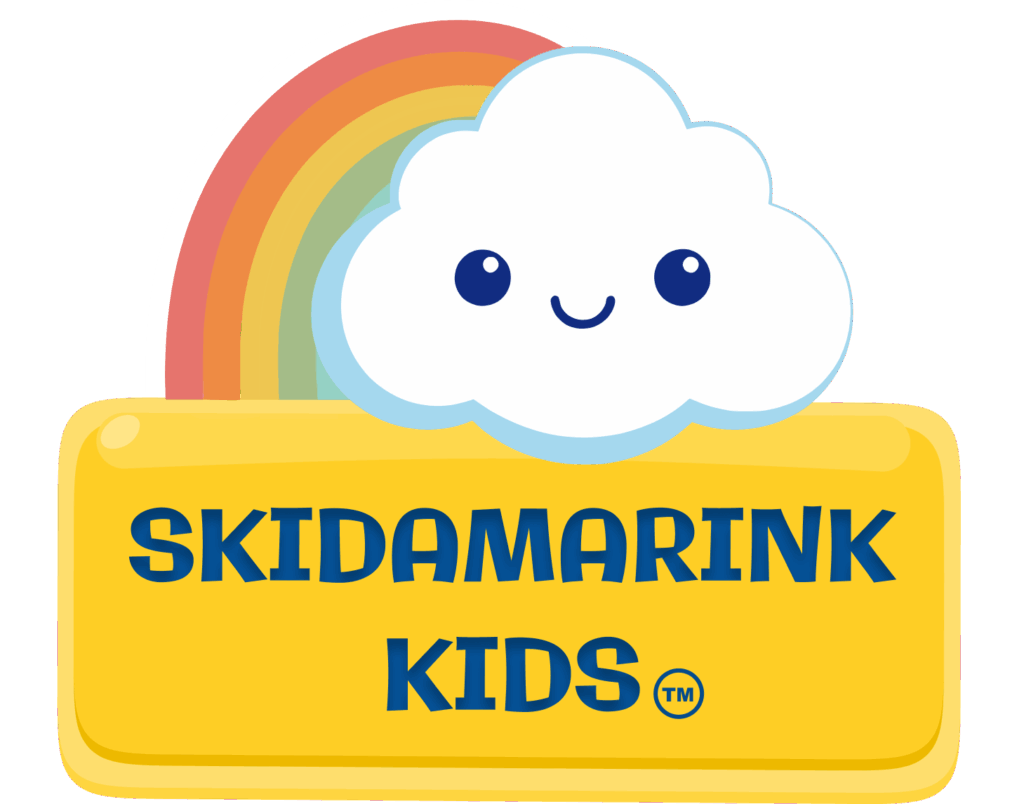Nurturing Your Baby During Those Precious First Months
Those first three months with your little one are often called the fourth trimester for good reason. Your baby is still adjusting to life outside the womb, and you’re adjusting to life with your new family member. This newborn feeding guide will help you navigate this special time with confidence while looking ahead to future feeding milestones.
When we approach feeding as an opportunity to nourish both body and soul, everything shifts. Each feeding becomes a chance to pour love into your baby while providing the nutrition they need to thrive. This perspective helps us stay present during those long feeding sessions and see them as sacred bonding time rather than just another task to complete.
The First Three Months: Newborn Feeding Guide Basics
During these early months covered in this newborn feeding guide, breast milk or formula is all your baby needs. Your little one’s digestive system is still developing, and milk provides the perfect nutrition designed specifically for this stage. Whether you’re breastfeeding, formula feeding, or doing a combination of both, understanding these basics will help you feel more confident.
Milk is the sole focus during these months because your baby’s gut isn’t ready for anything else yet. Their intestinal lining is still maturing, and introducing other foods too early can cause digestive issues. Trust the process and know that milk alone provides complete nutrition.
Reading Your Baby's Feeding Cues
Your baby will let you know when they’re hungry! Learning to recognize these signals is crucial. Early signs include:
Rooting. They turn their head side to side, searching for food.
Hand movements. They bring hands to their mouth or make sucking motions.
Soft sounds. You hear gentle cooing or sucking sounds.
Wide mouth. They open their mouth expectantly.
Try to respond to these early cues rather than waiting for crying, which is a late hunger sign. This responsive approach helps establish trust and makes feeding times more peaceful for everyone.
Newborn Feeding Guide: How Often and How Much
Every baby is different, but most newborns need feeding 8 to 12 times per day. Don’t worry about sticking to a strict schedule. Feeding on demand helps establish milk supply if you’re breastfeeding and ensures your baby gets what they need.
These feeding patterns can feel overwhelming at first, but remember that frequent feeding is normal and healthy. Your baby’s stomach is tiny, about the size of their fist, so they need small, frequent meals during these early months.
Looking Ahead: Starting Solids
While milk is all your baby needs during these early months (and beyond until around six months), it’s natural to wonder about starting solids. Let’s address some common myths about transitioning to solid foods:
Myth: Starting solids earlier helps babies sleep through the night. Reality: Studies show that starting solids early doesn’t improve sleep. Waiting until around six months, when your baby shows signs of readiness, is safer and better for their digestive system.
Myth: Rice cereal should be the first food. Reality: There’s no need to start with rice cereal! You can begin with any single ingredient, iron-rich food. Pureed meat, well-cooked lentils, or iron-fortified cereals are all good options.

Signs Your Baby Is Ready for Solids
Watch for these signs, typically around 6 months, before introducing solid foods:
Physical readiness. Can sit with minimal support and has good head and neck control.
Interest in food. Shows curiosity about what you’re eating.
Developmental readiness. Lost the tongue thrust reflex (no longer automatically pushes food out with tongue) and can move food to the back of their mouth.
These developmental milestones indicate your baby is ready to move beyond milk into the exciting world of solid foods.
Trust the Process: Newborn Feeding Guide Wisdom
Remember these important points:
Trust your instincts and your baby’s cues during feeding. Every baby develops at their own pace with feeding patterns. There’s no rush to move beyond milk-only feeding, as it provides complete nutrition. When in doubt, consult your pediatrician about feeding concerns.
Avoiding Pressure and Comparison
It’s natural to compare your baby’s feeding journey with others, but try to resist this urge during these early months. Some babies are ready for solids at 5 months, while others aren’t ready until 7 months. Both timelines are normal and healthy!
Remember that your feeding journey is unique for every family. Some parents feel confident right away, while others need time to learn their baby’s patterns. Both experiences are completely normal during early feeding.
Creating Positive Feeding Experiences
The most important thing during these early months is creating a positive, pressure-free environment. These early experiences help shape your child’s relationship with food for years to come. The foundation you build now supports healthy eating habits later.
Focus on connection rather than perfection. Your baby doesn’t need you to have everything figured out immediately. They need your presence, your love, and your willingness to learn together during this journey.
You're Doing Amazing
Take a deep breath, trust yourself, and remember you’re doing a wonderful job. If you have concerns about feeding, your pediatrician is always there to help guide you through this exciting stage of parenthood. This newborn feeding guide supports you every step of the way.
This journey represents a learning process, not a destination. Every feeding session teaches you more about your baby’s needs and preferences. Trust the process, stay flexible, and know that you and your baby will find your rhythm.
You’ve got this, and your baby is so lucky to have you caring for them during this precious time. Your instincts and love are your greatest tools.
For more detailed guidance, explore our blog on Baby Hunger Cues: How to Know When Baby Is Hungry or Full to understand your baby’s unique feeding signals. You can also check out our guide on Best Baby Positioning for Bonding: Face-to-Face Guide for comfortable and effective feeding sessions.








